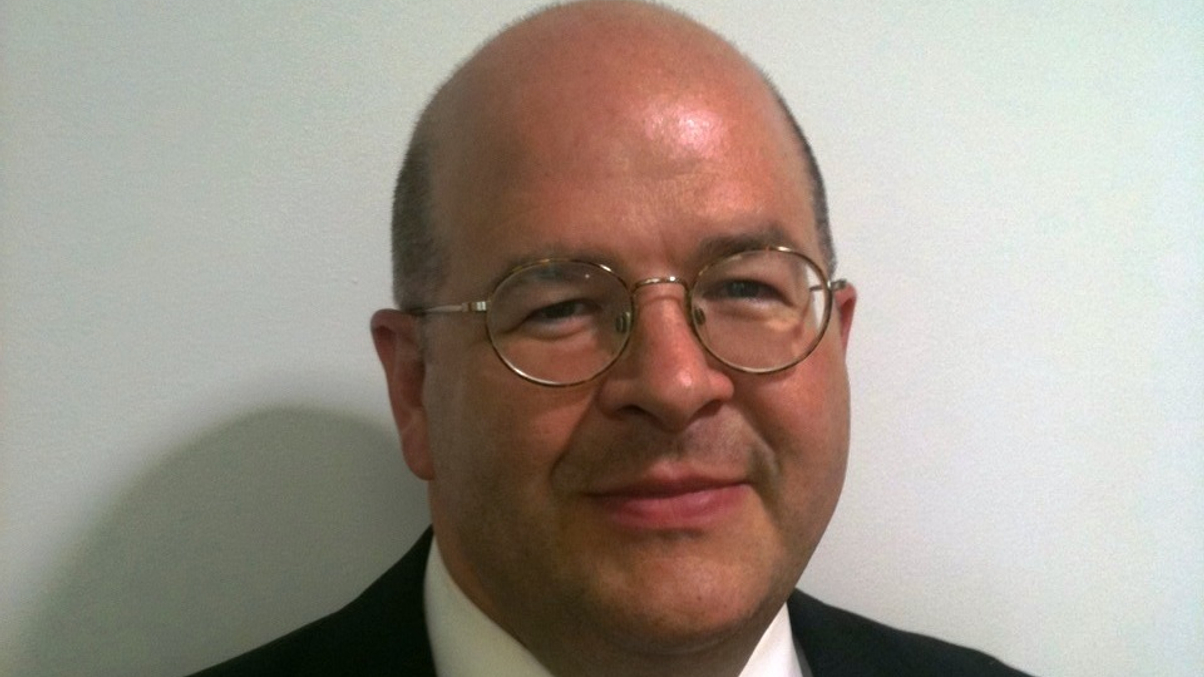Private banks must revamp to regain clients
Fund-of-hedge-fund executives say they are seeing growing discontent towards private banks by high-net-worth investors.

Private banks in Asia will need to change their approach to serving the high-net-worth segment in the post-crisis era, according to fund-of-hedge-fund executives.
Sign in to read on!
Registered users get 2 free articles in 30 days.
Subscribers have full unlimited access to AsianInvestor
Not signed up? New users get 2 free articles per month, plus a 7-day unlimited free trial.
¬ Haymarket Media Limited. All rights reserved.


